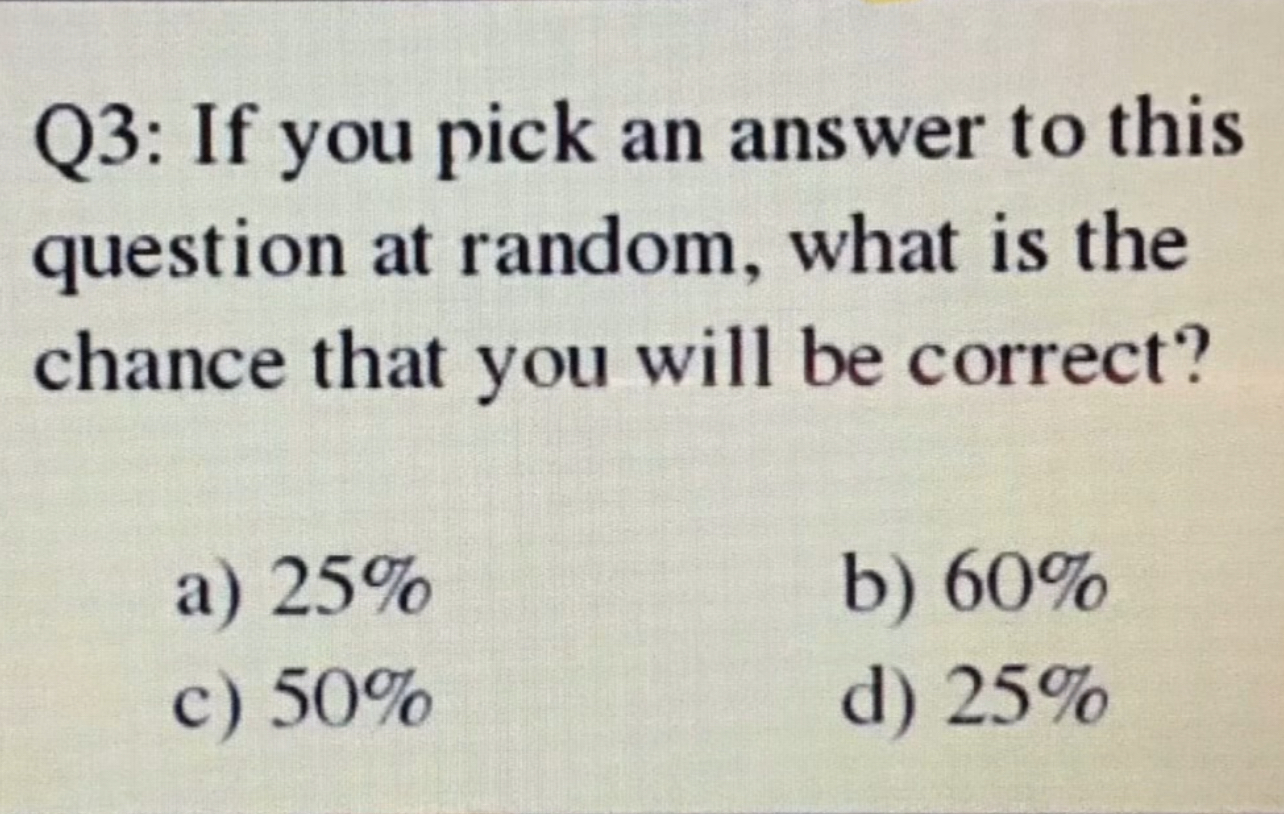this post was submitted on 06 May 2025
606 points (97.3% liked)
Science Memes
14509 readers
1117 users here now
Welcome to c/science_memes @ Mander.xyz!
A place for majestic STEMLORD peacocking, as well as memes about the realities of working in a lab.

Rules
- Don't throw mud. Behave like an intellectual and remember the human.
- Keep it rooted (on topic).
- No spam.
- Infographics welcome, get schooled.
This is a science community. We use the Dawkins definition of meme.
Research Committee
Other Mander Communities
Science and Research
Biology and Life Sciences
- [email protected]
- [email protected]
- [email protected]
- [email protected]
- [email protected]
- [email protected]
- [email protected]
- [email protected]
- [email protected]
- [email protected]
- [email protected]
- [email protected]
- [email protected]
- [email protected]
- [email protected]
- [email protected]
- [email protected]
- [email protected]
- [email protected]
- [email protected]
- [email protected]
- [email protected]
- [email protected]
- [email protected]
- !reptiles and [email protected]
Physical Sciences
- [email protected]
- [email protected]
- [email protected]
- [email protected]
- [email protected]
- [email protected]
- [email protected]
- [email protected]
- [email protected]
Humanities and Social Sciences
Practical and Applied Sciences
- !exercise-and [email protected]
- [email protected]
- !self [email protected]
- [email protected]
- [email protected]
- [email protected]
Memes
Miscellaneous
founded 2 years ago
MODERATORS
you are viewing a single comment's thread
view the rest of the comments
view the rest of the comments

It's 0%, because 0% isn't on the list and therefore you have no chance of picking it. It's the only answer consistent with itself. All other chances cause a kind of paradox-loop.
Correct - even if you include the (necessary) option of making up your own answer. If you pick a percentage at random, you have a 0% chance of picking 0%.
I agree with 0% but disagree there's any paradox - every choice is just plain old wrong. Each choice cannot be correct because no percentage reflects the chance of picking that number.
Ordinarily we'd assume the chance is 25% because in most tests there's only one right choice. But this one evidently could have more than one right choice, if the choice stated twice was correct - which it isn't. So there's no basis for supposing that 25% is correct here, which causes the whole paradox to unravel.
Now replace 60% with 0%. Maybe that would count as a proper paradox. But I'd still say not really, the answer is 0% - it's just wrong in the hypothetical situation posed by the question rather than the actual question.
Completely agree! In this case there is no real paradox, 0% is a perfectly consistent answer.
I think if you replace 60% with 0%, you'd get a proper paradox, because now there is a non-zero chance of picking 0% and it's no longer consistent with itself. It's similar to the "This statement is false" paradox, where by assuming something is true, it makes it false and vice versa.